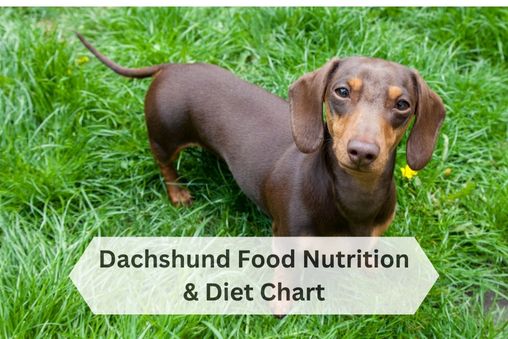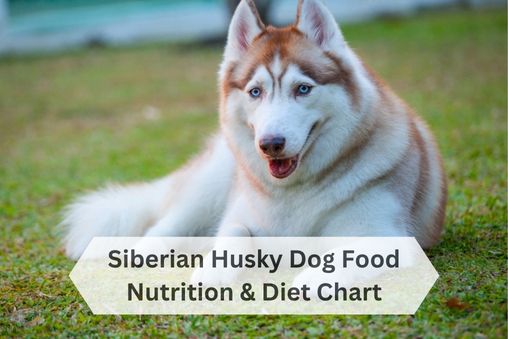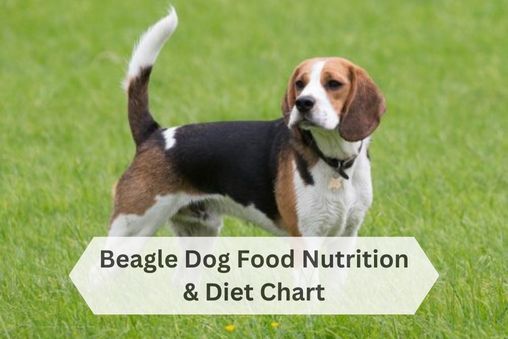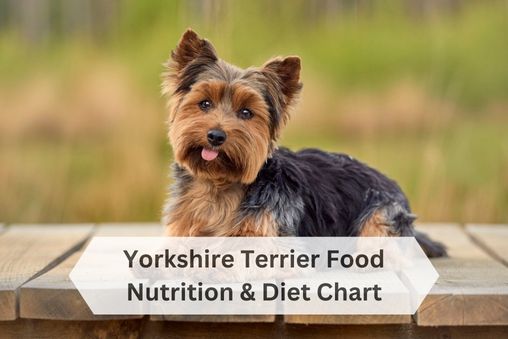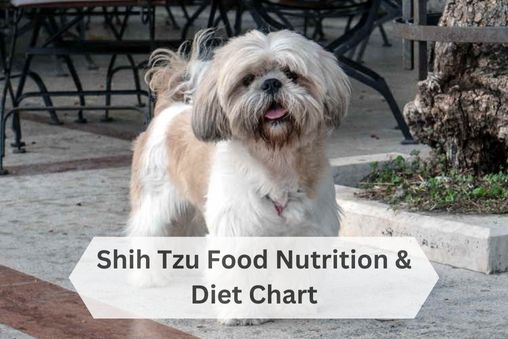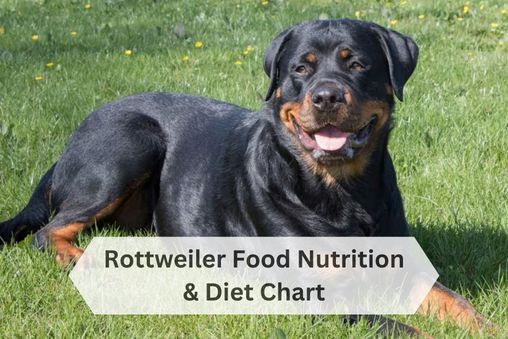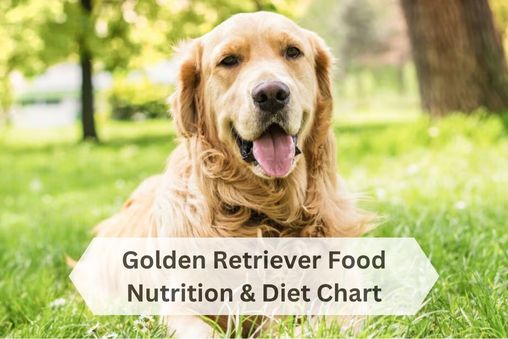Proper nutrition is vital for the health and well-being of your Dachshund. As a proud owner, it’s your responsibility to ensure that your furry friend receives a balanced and nutritious diet to support their overall health. Dachshunds are known for their unique body structure, characterized by their long bodies and short legs. This distinctive physique requires special attention when it comes to their diet. By understanding the nutritional needs of Dachshunds and following a well-planned diet chart, you can help your beloved pet lead a happy and healthy life.
Importance of Proper Nutrition for Dachshunds
Proper nutrition is crucial for the overall health and well-being of Dachshunds. These small breed dogs have specific dietary needs that must be met in order to maintain optimal health. A balanced diet can help prevent various health issues and ensure that your Dachshund lives a long and happy life.
Nutritional Requirements for Dachshunds
Dachshunds require a diet that is high in protein to support their active lifestyle. They also need a good balance of fats and carbohydrates to provide them with the energy they need to stay active. It is important to feed your Dachshund a diet that is specifically formulated for small breed dogs to ensure they are getting the right nutrients in the right amounts.
Common Health Issues in Dachshunds Related to Diet
Poor nutrition can lead to a variety of health issues in Dachshunds. Obesity is a common problem in this breed, which can lead to joint issues and other health problems. Additionally, Dachshunds are prone to developing diabetes, so it is important to feed them a diet that is low in carbohydrates and sugar.
Benefits of a Well-Balanced Diet for Dachshunds
Feeding your Dachshund a well-balanced diet can have numerous benefits. A diet that is high in quality protein can help maintain muscle mass and keep your Dachshund at a healthy weight. A diet that is rich in vitamins and minerals can help support their overall health and immune system. By feeding your Dachshund a diet that meets their specific nutritional needs, you can help ensure they live a long and happy life.
Key Nutrients for Dachshunds
When it comes to ensuring the health and well-being of your Dachshund, providing a balanced and nutrient-rich diet is essential. Here are some key nutrients that are crucial for your Dachshund’s overall health:
Protein
Protein is an essential nutrient for Dachshunds as it helps support their muscle development and maintenance. Look for dog foods that have high-quality sources of protein such as chicken, turkey, or fish. It’s important to ensure that your Dachshund is getting the right amount of protein in their diet to support their active lifestyle.
Fat
Fat is another important nutrient for Dachshunds as it provides them with a concentrated source of energy. Opt for dog foods that contain healthy fats such as omega-3 and omega-6 fatty acids, which can help support your Dachshund’s skin and coat health. However, it’s important to monitor the amount of fat in your Dachshund’s diet to prevent obesity and other health issues.
Carbohydrates
Carbohydrates are a good source of energy for Dachshunds, but it’s important to choose complex carbohydrates that are easily digestible. Look for dog foods that contain whole grains such as brown rice or oats, as well as fruits and vegetables. Carbohydrates should make up a smaller portion of your Dachshund’s diet compared to protein and fat, but they are still an important part of their overall nutrition.
By ensuring that your Dachshund’s diet is rich in these key nutrients, you can help support their overall health and well-being. Remember to consult with your veterinarian to determine the best diet plan for your Dachshund based on their individual needs and lifestyle.
Recommended Dog Food Options for Dachshunds
When it comes to choosing the best dog food for your Dachshund, it’s important to consider their unique nutritional needs. Here are some recommended options:
Dry Dog Food Brands
- Royal Canin Dachshund Adult Dry Dog Food
- Blue Buffalo Wilderness Small Breed Dry Dog Food
- Hill’s Science Diet Adult Small Paws Chicken Meal & Rice Recipe Dry Dog Food
Wet Dog Food Brands
- Merrick Lil’ Plates Grain-Free Small Breed Wet Dog Food
- Nutro Ultra Small Breed Adult Wet Dog Food
- Wellness CORE Natural Grain Free Wet Canned Dog Food
Homemade Diet Options
If you prefer to feed your Dachshund a homemade diet, here are some healthy options to consider:
- Lean protein sources such as chicken, turkey, or beef
- Healthy fats like fish oil or coconut oil
- Carbohydrates from sources like sweet potatoes or brown rice
- Vegetables like carrots, green beans, or spinach
Remember to consult with your veterinarian before making any changes to your Dachshund’s diet to ensure they are getting all the necessary nutrients for optimal health.
Creating a Diet Chart for Your Dachshund
When it comes to ensuring your Dachshund stays healthy and happy, a well-balanced diet is essential. Creating a diet chart specifically tailored to your Dachshund’s needs can help you achieve this goal.
Dachshund Food Nutrition Guide & Diet Chart:
| Meal Time | Food | Portion | Nutrition (per serving) | Calories (per serving) |
|---|---|---|---|---|
| Morning | ||||
| Breakfast | High-quality small breed dry dog food | 1/2 cup | Protein: 15g, Fat: 8g, Carbs: 20g | 200 |
| Cooked lean chicken or turkey (boneless, skinless) | 1/4 cup | Protein: 10g, Fat: 5g | 100 | |
| Diced carrots or green beans | As desired | Fiber: 2g, Vitamins: A, C | 20 | |
| Afternoon | ||||
| Midday Snack | Sliced apples or blueberries | Small handful | Fiber: 3g, Vitamin C: 10mg | 30 |
| Low-fat cottage cheese | 2 tablespoons | Protein: 5g, Calcium: 50mg | 50 | |
| Evening | ||||
| Dinner | Cooked salmon or white fish | 4 oz | Protein: 20g, Fat: 10g | 200 |
| Brown rice or sweet potatoes | 1/4 cup | Carbs: 15g, Fiber: 2g | 100 | |
| Steamed broccoli or spinach | As desired | Fiber: 3g, Vitamins: A, K | 30 | |
| Bedtime | ||||
| Late Snack | Pumpkin or sweet potato puree | Small serving | Fiber: 2g, Vitamin A: 2000 IU | 50 |
| Natural almond butter (unsalted) | 1 teaspoon | Protein: 3g, Healthy fats: 5g | 50 |
Consulting with a Veterinarian
Before making any changes to your Dachshund’s diet, it is important to consult with a veterinarian. A vet can provide valuable insights into your Dachshund’s specific dietary requirements based on factors such as age, weight, activity level, and any existing health conditions.
Portion Control and Feeding Schedule
Once you have consulted with a veterinarian, it’s time to establish a portion control and feeding schedule for your Dachshund. It is important to measure out the appropriate amount of food for each meal to prevent overfeeding or underfeeding. Additionally, establishing a regular feeding schedule can help regulate your Dachshund’s digestion and prevent obesity.
Monitoring Your Dachshund’s Weight and Health
Regularly monitoring your Dachshund’s weight and overall health is crucial in ensuring they are receiving the proper nutrition. Keep an eye out for any changes in weight, appetite, energy levels, or stool quality, as these can indicate potential health issues or dietary inadequacies. If you notice any concerning changes, consult with your veterinarian immediately.
By creating a personalized diet chart for your Dachshund, consulting with a veterinarian, practicing portion control and feeding schedule, and monitoring their weight and health, you can help your furry friend lead a long and healthy life.
It is crucial for Dachshund owners to prioritize their furry friend’s nutrition and diet. By following a well-balanced diet chart tailored to the specific needs of Dachshunds, such as including lean proteins, healthy fats, and essential vitamins and minerals, owners can help ensure their pet’s overall health and well-being. Additionally, consulting with a veterinarian or animal nutritionist can provide valuable insight and guidance on creating a personalized nutrition plan for your Dachshund. Remember, a healthy diet is the foundation for a happy and thriving Dachshund.

